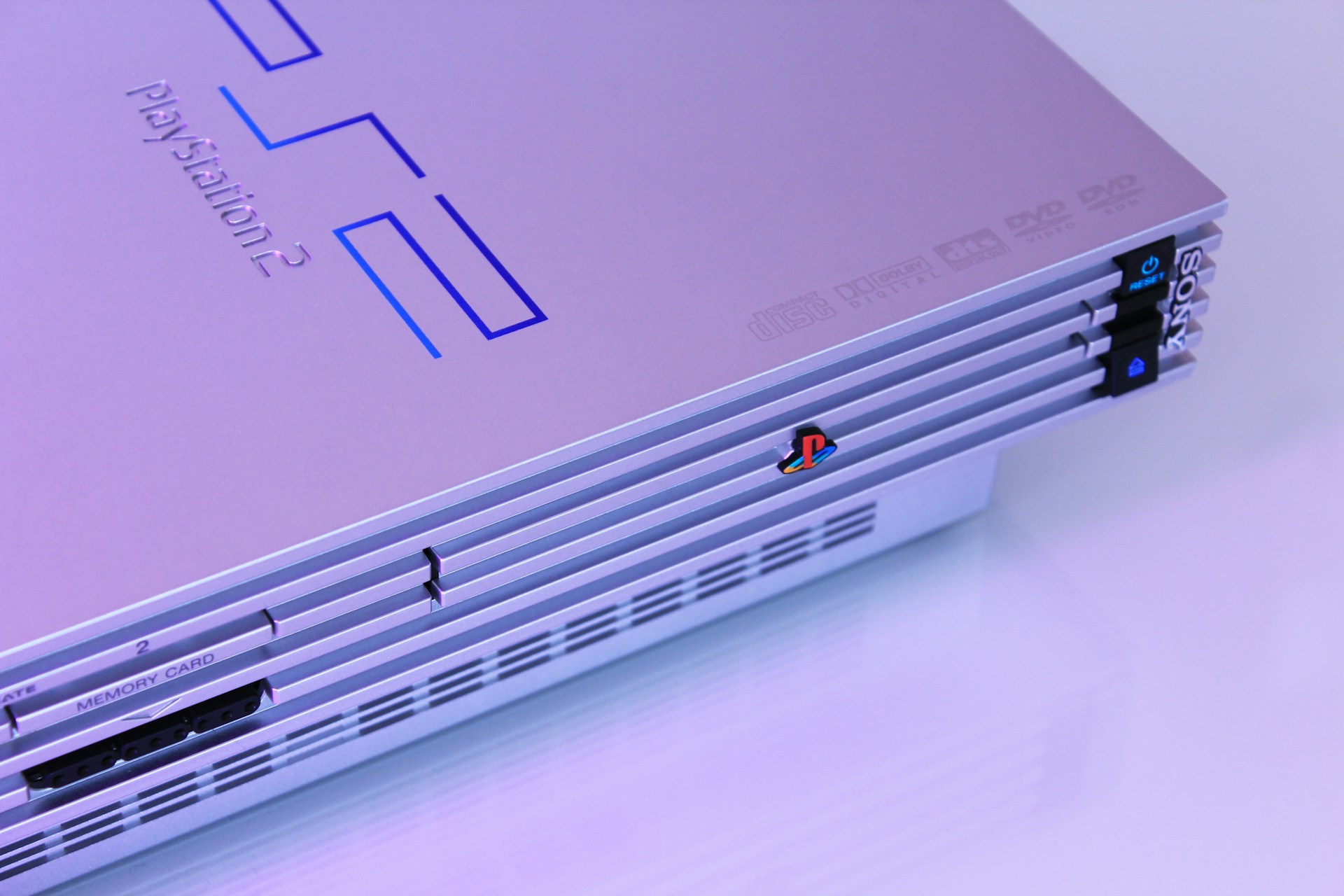A video warning that a seemingly harmless habit on a plane—leaving boarding passes behind in the seat pocket after a flight—could pose a serious security risk for airline passengers has gone viral on TikTok.
In a video shared on January 27, Canadian flight attendant Samantha (@flywithsam_) warns travelers against this common mistake, explaining that the information on a boarding pass could be used by bad actors to access personal data. The video has garnered over 115,000 views, sparking discussions on digital security risks in air travel.
"You know how you guys like to leave your boarding passes in the back of your seat pockets on the aircraft?," Samantha asks in the clip. "I'm gonna need you guys to stop doing that and here's why."
She explains that the letters and numbers found at the bottom of a boarding pass are known as the Passenger Name Record (PNR)—a unique identifier used to store a traveler's booking details. "It's basically a record locator number that pulls up your entire file with all your information on it," she says.
The viral post comes as air travel passenger demand was found to be up by 8.1 percent in November 2024, compared with the same month in 2023, according to a January report by the International Air Transport Association.
The November 2024 load factor —the percentage of available seats an airline sells on its flights—was reported to be at 83.4 percent, marking an all-time high for November.
What Is a PNR Code and Why Does It Matter?
Ted Miracco, the CEO of cybersecurity firm Approov, told Newsweek that the PNR code is used globally by airlines to help facilitate check-ins, security screenings and immigration processes.
"While the PNR code format and placement may vary, they are utilized by airlines on a global basis," Miracco said. "The PNR code does not contain 'all of your information,' however, it contains enough information to be dangerous in the wrong hands, so caution is warranted."
Miracco notes that passenger are "never" informed about the PNR code on their boarding passes and "that is one of the reasons why they are left behind so frequently."
The Risks of Leaving Your Boarding Pass Behind
According to Samantha, if someone finds an abandoned boarding pass, they can use the PNR code to retrieve personal details through an airline's website.
"Now, the reason why this is obviously dangerous is because anybody can take your boarding pass and go to the airline's website and type in your PNR, and they'll have access to all your information—your name, your home address, literally everything," she warns.
Miracco says that while the exact details included in a PNR can vary by airline, they often contain key contact information such as phone numbers and email addresses. They may even include payment details.
"A stranger might use this information to cancel, modify, or change your booking," he said. "They could also utilize the information contained to try and access or transfer frequent flyer miles out of an account."
How Dangerous Is It to Leave a Boarding Pass Behind?
John Rose, the chief risk officer for ALTOUR, a global corporate travel management company, stressed that boarding passes contain sensitive information that could be exploited if they fall into the wrong hands.
"Leaving a printed boarding pass unattended is asking for trouble," Rose told Newsweek. "I strongly recommend using electronic boarding passes and itineraries whenever possible and sharing them only with your primary emergency contact in case of necessity."
Rose also noted that in some cases, unauthorized individuals have used screenshots of other people's boarding passes to attempt to board flights.
"If you need to use printed passes, please make sure they remain secure with you throughout your trip and shred them once you return home," he advised.
The Dangers of Posting Boarding Passes Online
In addition to leaving a boarding pass behind, Samantha warns against another risky practice—posting a photo of it online. Her TikTok video includes an overlaid note that says: "That and posting it online."
Miracco emphasized that many passengers are unaware of the security risks posed by sharing travel details on social media.
"Most passengers are completely unaware of both the extent of the information contained on a boarding pass and the residual value of that data to bad actors," he said. "Boarding passes should be safely disposed of after use. They should not be shared in photos or especially on social media."
Rose echoed similar concerns, urging travelers to avoid real-time sharing of their itineraries and flight details.
"While using social media is perfectly fine, sharing your travel details in real time is a terrible idea," Rose said. "Posting itineraries, boarding passes or any travel-related information while you're still on the trip puts you at risk. We urge travelers to wait until after they return home before sharing information about their trip and to never share copies of itineraries, IDs or boarding passes."
Samantha ends her video with a final piece of advice: "So, the next time you are traveling and you're on an aircraft, please, please make sure to rip up your boarding pass. That way you don't have a potential stalker on your hands."
Newsweek has contacted @flywithsam_ for comment via TikTok and email. This video has not been independently verified.

Do you have a travel-related video or story to share? Let us know via life@newsweek.com and your story could be featured on Newsweek.














)





 English (US) ·
English (US) ·